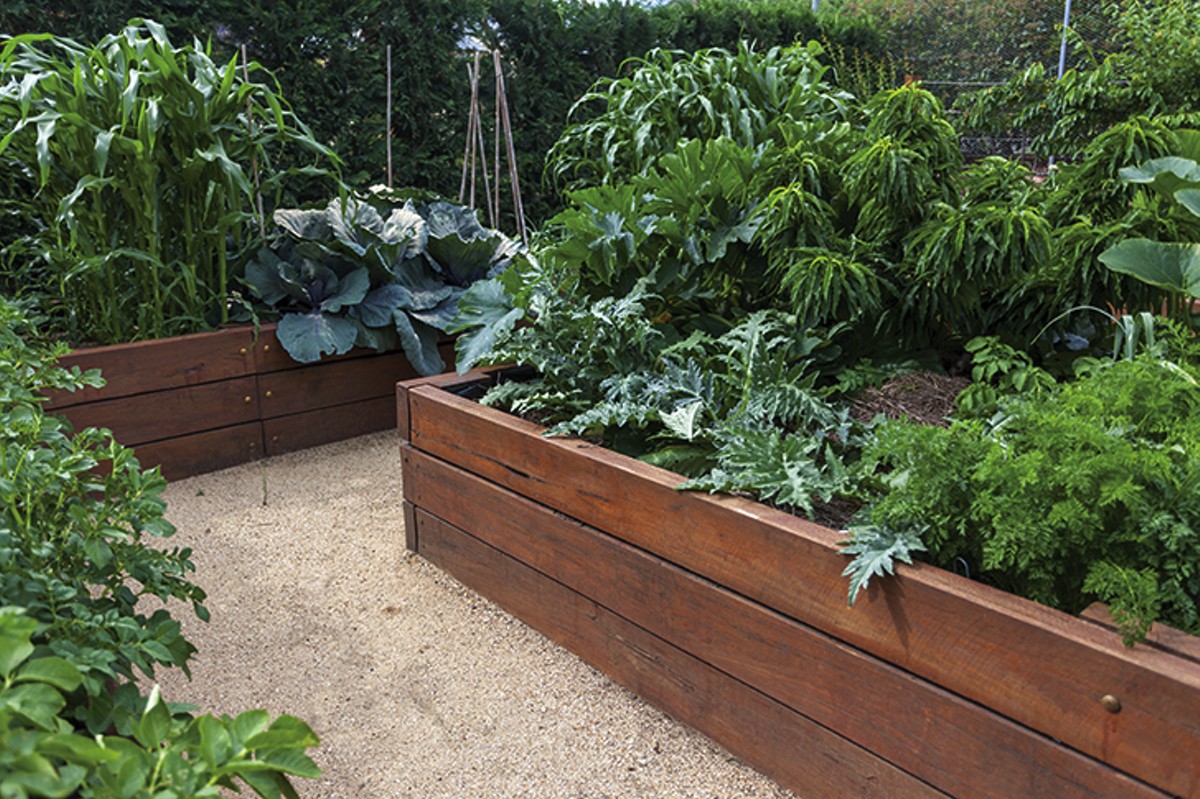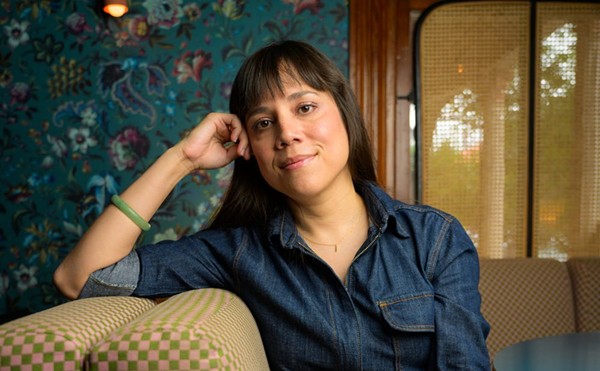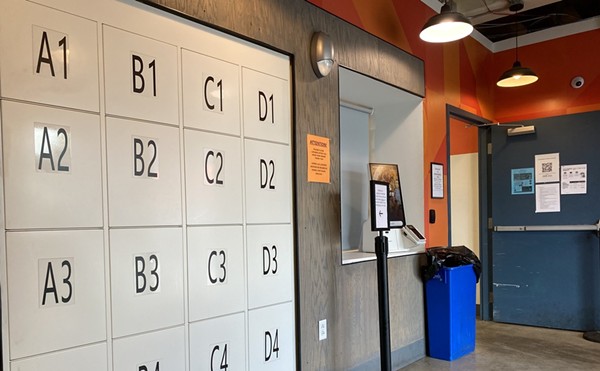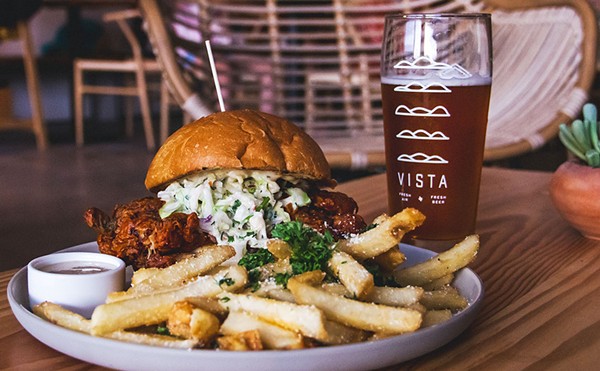As a large and sprawling city, San Antonio has a wealth of underutilized land: alleyways, rooftops and thin strips between fences that have never been looked at as an outlet for beauty or revenue. But, as of 2016, City Council has approved these lots for new growth as micro-agricultural spaces. In a December 2015 amendment to the city's Unified Development Code, gardeners and urban farmers will be able to grow and sell their yield from almost any lot in the city.
In the city's zoning matrix, most plots are automatically labeled as "residential market gardens," permitting the growth and sale of fruits, grains and vegetables.
"It's never been illegal," says Leslie Provence, vice president of the Food Policy Council of San Antonio. "But in a lot of cities where urban agriculture has increased, there have been various problems related to land use. We just didn't want to have misunderstandings or complaints."
In Austin, urban farms have dotted the city map since the 1970s. But as neighborhoods have gentrified in recent years, nosey-neighbor complaints have temporarily shut down operations at some urban farms. "They had a very reactive process to give them some protection," said Provence. By getting a law on the books early, urban farmers will be secure in their rights as San Antonio continues to grow.
Working with the city's Metro Health and Development Services departments, Green Space Alliance and LocalSprout's Mitch Hagney, Provence wrote and submitted the amendment to City Council. Provence says that the final piece of legislation is "very close" to the ideal draft the team put together.
"The best thing is that you can grow and sell at your own home without getting a permit," she said. "If you're living on the property, you have a residential market garden, no matter how big it is. If you're farming somewhere you don't live, no matter how small it is, it's classified as an urban farm."
By this definition, urban farms will be allowed on all lots in the city, except for single-family residential zoning. In these spaces, a farmer must seek a special use permit to grow on the land.
To beautify and put empty lots to work, District 2 Councilman Alan Warrick made a proposal to use vacant land for farming without special permits. Defeated 6-3 at City Council, Provence hopes that the city will rehear the proposition.
The other obstacle still remaining for urban farmers is the homeowner's association, that bastion of '80s and '90s suburban life. Receiving their authority from the state government, a homeowner's association supersedes the right to a residential market garden if the growing plot clashes with a neighborhood's "Little Boxes" look.
"They have a right to regulate those things," says Provence. "But if enough neighbors wanted to change the rules, possibly they could. [Change] would have to come from within."
How do these changes effect farmers and gardeners now? For farmers that sell to restaurants and wholesalers like Farm to Table, Provence believes that "There will be many more places where they can do that in the city now."
Smaller farmers like Justin Parr don't expect as much of an immediate impact. Parr, the caretaker of the Hot Wells ruins on the Southside, has been farming on the estate for four years. "Me, personally, no. It won't change how I operate," said Parr. When he has an excess of a certain crop, Parr heads to Bliss to exchange his goods for a tab at the Southtown restaurant. For people like Parr — somewhere between a gardener and a farmer — the law likely won't change their recreational activity. "But people that are looking to make it sustainable and make money are probably really excited by it," says Parr.
Looking toward the city's sustainable future, the law could find its greatest impact. With a global food system impacted by the unpredictable weather of a changing climate, securing local food sources would mark a vital pivot toward sustainability in San Antonio. To transition toward real sustainability, a city must play to its strengths; within such a spread-out town, it's hard to imagine any major improvement in public transportation, unlike a more compact, northeastern city. With so much land sitting unused and unallocated, the new urban farming codes hope to turn a civic problem into an agricultural solution, setting up San Antonio to become a great food city in the years to come.

















